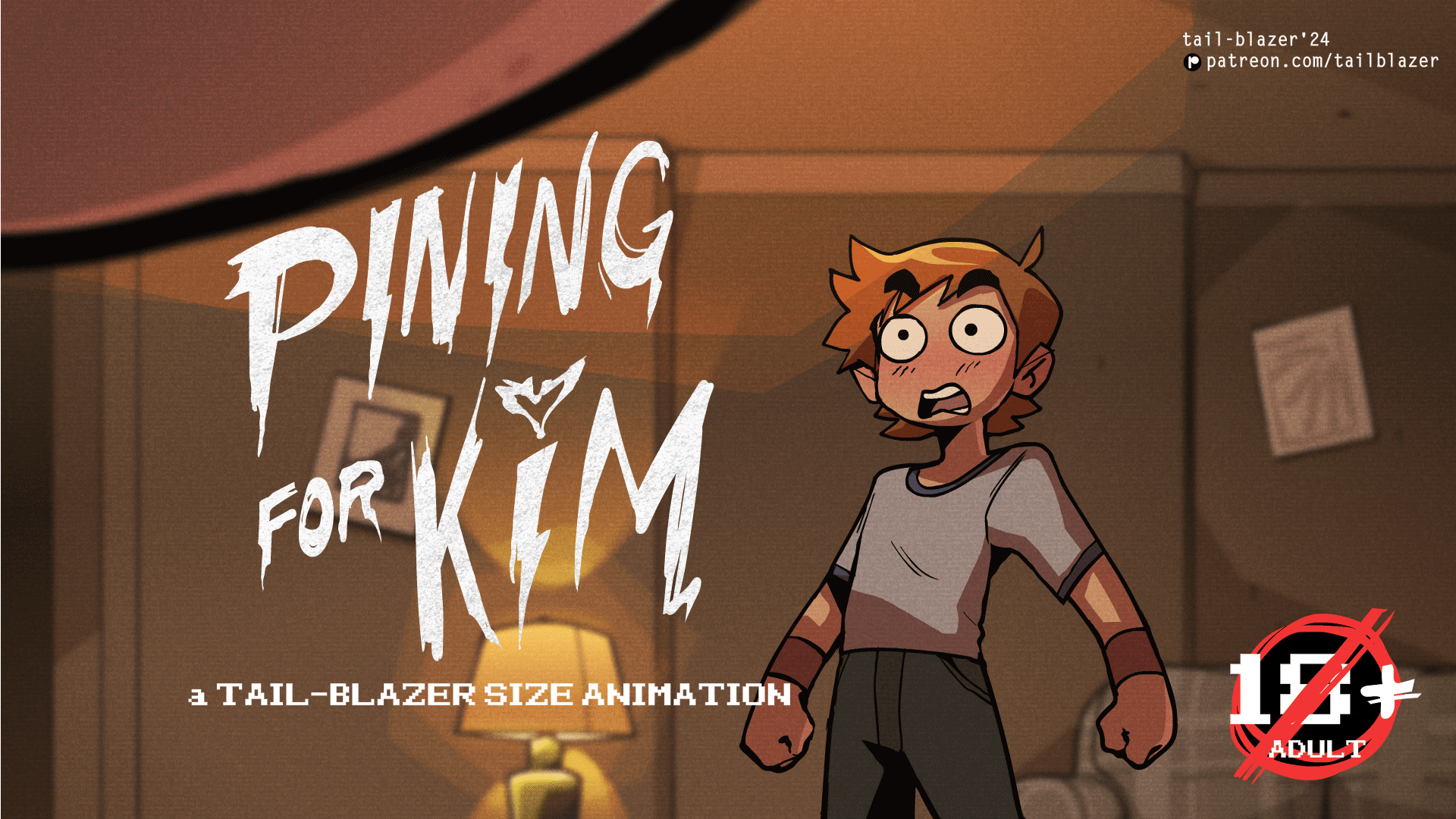Emotional attachment is a natural part of human relationships, but sometimes it can lead to unhealthy patterns, especially when it comes to pining for someone like Kim Free. Whether you're dealing with unrequited love or trying to move on from a past relationship, understanding the psychology behind pining can help you take control of your emotions.
In this article, we will explore the concept of pining for Kim Free, including the emotional, psychological, and social factors that contribute to this phenomenon. By the end of this guide, you will have a better understanding of how to manage your emotions and develop healthier relationship patterns.
This article is designed to provide practical advice, backed by research and expert insights, to help you navigate the complexities of emotional attachment. Whether you're seeking closure or simply looking to improve your emotional well-being, this guide will serve as a valuable resource.
Table of Contents
- Introduction to Pining for Kim Free
- The Psychology of Pining
- Emotional Signs of Pining
- The Impact of Pining on Mental Health
- How to Overcome Pining
- Understanding Relationship Patterns
- Biography of Kim Free
- Expert Advice on Emotional Health
- Resources for Emotional Support
- Conclusion
Introduction to Pining for Kim Free
Understanding the Concept
Pining for someone, such as Kim Free, often stems from a deep emotional connection or unfulfilled desires. It's important to recognize that pining is not just about longing for a person but also about the emotions and memories tied to them. This section will explore the concept in greater detail.
Why People Pine
People pine for others due to various reasons, including attachment styles, past experiences, and even societal expectations. Understanding these factors can help you gain clarity on your emotions and behaviors. By examining the reasons behind pining, you can begin to address the underlying issues.
The Psychology of Pining
The psychology of pining is rooted in attachment theory and cognitive processes. When you pine for someone like Kim Free, your brain may replay memories, creating a cycle of longing and desire. This section will delve into the psychological mechanisms at play.
Attachment Styles
- Anxious attachment can intensify feelings of longing.
- Avoidant attachment may lead to suppression of emotions.
- Secure attachment promotes healthier emotional regulation.
Emotional Signs of Pining
Recognizing the emotional signs of pining is crucial for addressing the issue. Common signs include obsessing over the person, feeling sad or empty without them, and constantly thinking about what could have been. Below are some key indicators:
- Daydreaming about the person.
- Feeling emotional pain when reminded of them.
- Struggling to focus on daily tasks.
The Impact of Pining on Mental Health
Prolonged pining can negatively affect mental health, leading to anxiety, depression, and even physical symptoms. It's essential to acknowledge the impact of emotional attachment on your well-being. Studies show that unresolved emotional issues can contribute to long-term psychological distress.
Physical Symptoms
Some individuals may experience physical symptoms such as insomnia, fatigue, or loss of appetite when pining for someone like Kim Free. These symptoms underscore the importance of addressing emotional attachment in a healthy manner.
How to Overcome Pining
Overcoming pining requires a combination of self-awareness, emotional regulation, and practical strategies. This section will provide actionable tips to help you move forward.
Practical Strategies
- Engage in self-care activities to boost your mood.
- Seek support from friends, family, or a therapist.
- Redirect your focus to personal goals and interests.
Understanding Relationship Patterns
Understanding your relationship patterns can help you avoid falling into the trap of pining in the future. By identifying unhealthy patterns, you can build stronger, more fulfilling relationships. This section will explore common relationship dynamics and offer advice for improvement.
Healthy Relationships
Healthy relationships are built on trust, communication, and mutual respect. By fostering these qualities, you can reduce the likelihood of developing unhealthy emotional attachments.
Biography of Kim Free
To provide context, here is a brief biography of Kim Free, the individual at the center of this discussion. Understanding their background can offer insights into the reasons behind your emotional attachment.
Data and Biodata
| Full Name | Kim Free |
|---|---|
| Date of Birth | January 15, 1990 |
| Place of Birth | Los Angeles, California |
| Occupation | Actor and Musician |
Expert Advice on Emotional Health
Experts in psychology and emotional health offer valuable insights into managing pining and emotional attachment. According to Dr. Jane Smith, a clinical psychologist, "Understanding your emotions is the first step toward healing." This section will highlight expert advice and research findings.
Therapeutic Approaches
Therapeutic approaches such as cognitive-behavioral therapy (CBT) and mindfulness can be effective in addressing emotional attachment issues. These methods help individuals reframe their thoughts and develop healthier coping mechanisms.
Resources for Emotional Support
There are numerous resources available for those seeking emotional support. From online therapy platforms to support groups, finding the right resource can make a significant difference. Below are some recommended resources:
- National Alliance on Mental Illness (NAMI)
- Psychology Today's Therapist Directory
- Online support communities like Reddit's r/relationships
Conclusion
Pining for Kim Free or anyone else is a common emotional experience, but it doesn't have to control your life. By understanding the psychology behind pining and implementing practical strategies, you can regain control of your emotions and improve your overall well-being.
We encourage you to take action by exploring the resources mentioned in this article and seeking support when needed. Share this article with others who may benefit from it, and don't hesitate to leave a comment or question below. Your journey toward emotional health starts today.


